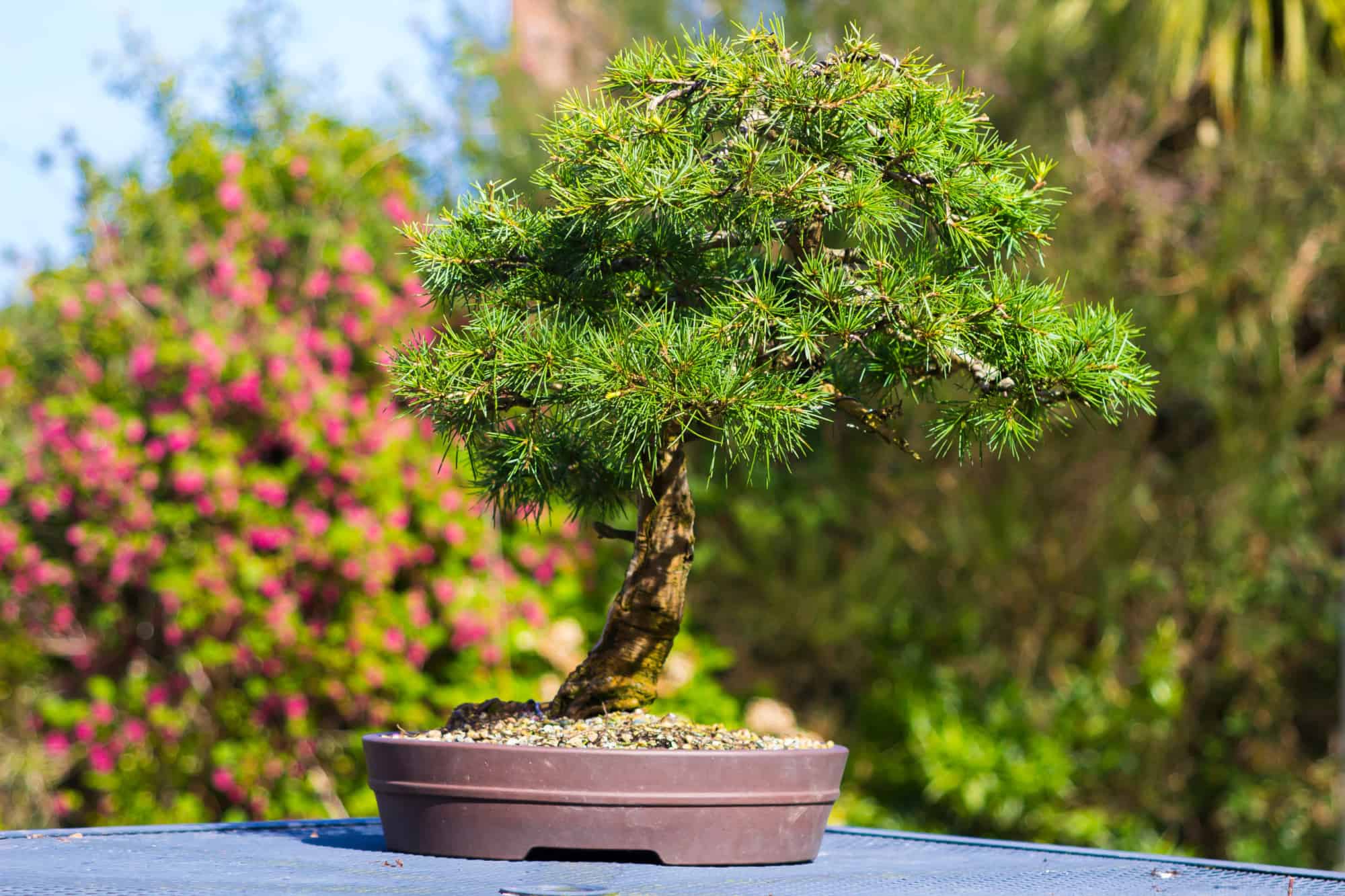The Cedar Bonsai Tree is a small, beautiful tree. It is great for bonsai lovers. This guide will help you learn about cedar bonsai trees. We will cover history, types, care tips, and more.

Credit: a-z-animals.com
History of Cedar Bonsai Trees
Bonsai trees have a long history. They started in China over a thousand years ago. The art of bonsai then moved to Japan. Cedar trees are popular in bonsai. They are strong and beautiful.
Why Choose A Cedar Bonsai Tree?
Cedar bonsai trees are special. They have a unique look. Their needles are soft and green. Cedar trees can live for many years. They are a great choice for a bonsai tree.
Types of Cedar Bonsai Trees
There are different types of cedar bonsai trees. Each type has unique features. Here are some popular types:
- Atlas Cedar (Cedrus atlantica)
- Lebanon Cedar (Cedrus libani)
- Deodar Cedar (Cedrus deodara)
- Cyprus Cedar (Cedrus brevifolia)
Atlas Cedar (cedrus Atlantica)
The Atlas Cedar is from the Atlas Mountains. It has a blue-green color. This cedar bonsai tree is very pretty.
Lebanon Cedar (cedrus Libani)
The Lebanon Cedar is a famous tree. It is on the flag of Lebanon. It has dark green needles. This cedar bonsai tree is strong and beautiful.
Deodar Cedar (cedrus Deodara)
The Deodar Cedar is from the Himalayas. It has soft, silver-green needles. This cedar bonsai tree is graceful and elegant.
Cyprus Cedar (cedrus Brevifolia)
The Cyprus Cedar is from Cyprus. It is smaller than other cedars. This makes it perfect for bonsai. It has dark green needles.

Credit: www.bonsaiempire.com
How to Care for a Cedar Bonsai Tree
Caring for a cedar bonsai tree is easy. Follow these tips to keep your tree healthy and beautiful.
Watering
Watering is very important. Cedar bonsai trees need water to grow. Water your tree when the soil is dry. Do not let the soil stay wet. This can cause root rot.
Light
Cedar bonsai trees need sunlight. Place your tree in a sunny spot. They need at least six hours of light each day.
Soil
Good soil is key for healthy roots. Use well-draining soil. This helps to prevent root rot.
Fertilizing
Fertilize your cedar bonsai tree. Use a balanced fertilizer. Fertilize once a month during the growing season.
Pruning
Pruning helps shape your bonsai tree. Prune in spring and summer. Remove dead or weak branches.
Repotting
Repotting is important for growth. Repot your cedar bonsai tree every 2-3 years. Use fresh soil. This helps the roots to grow.
Common Problems and Solutions
Cedar bonsai trees can have problems. Here are some common problems and how to fix them:
| Problem | Solution |
|---|---|
| Yellow Leaves | Check watering. Adjust if needed. Use balanced fertilizer. |
| Pests | Use insecticidal soap. Check tree regularly. |
| Root Rot | Check soil. Use well-draining soil. Water when soil is dry. |
Benefits of Cedar Bonsai Trees
Cedar bonsai trees have many benefits. They are beautiful and calming. Here are some benefits:
- Improves air quality
- Reduces stress
- Enhances home decor
- Teaches patience and care
Improves Air Quality
Cedar bonsai trees clean the air. They remove toxins and produce oxygen. This makes your home healthier.
Reduces Stress
Caring for a bonsai tree reduces stress. It is relaxing and calming. Watching your tree grow brings joy.
Enhances Home Decor
A cedar bonsai tree is a beautiful decoration. It adds a touch of nature to your home. It can be a great conversation piece.
Teaches Patience And Care
Growing a bonsai tree teaches patience. It takes time and care. It is a rewarding experience.
Conclusion
The Cedar Bonsai Tree is a wonderful tree to grow. It has a rich history and unique beauty. Caring for a cedar bonsai tree is easy. Follow the tips in this guide. Enjoy the many benefits of your cedar bonsai tree.
Start your bonsai journey today. Happy growing!

